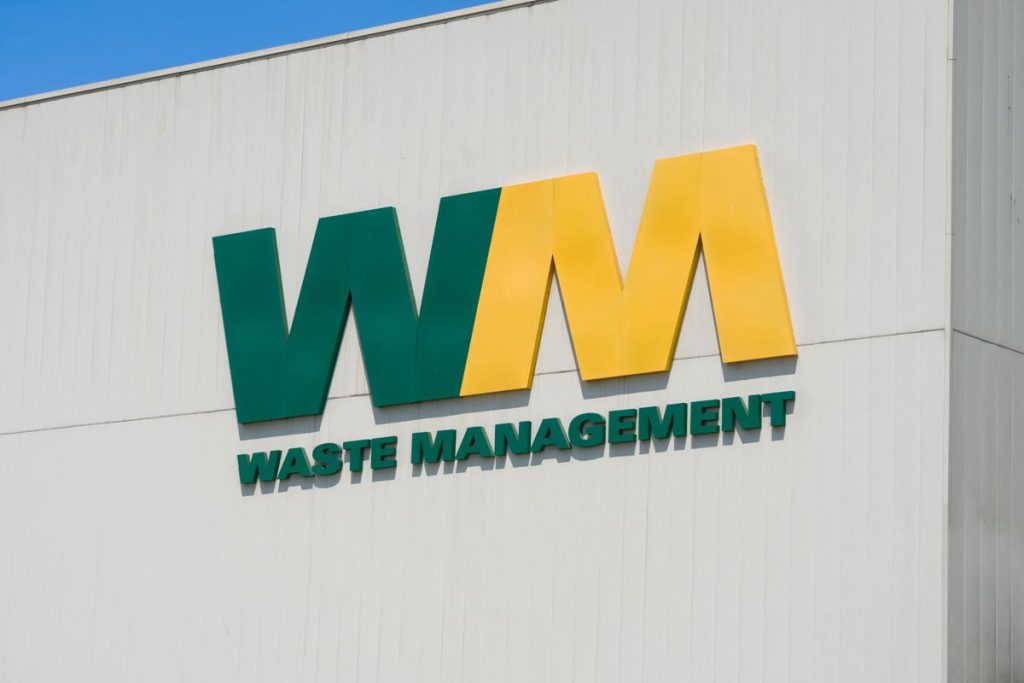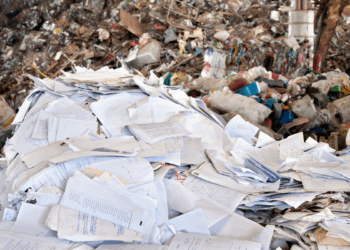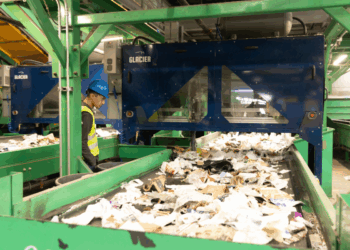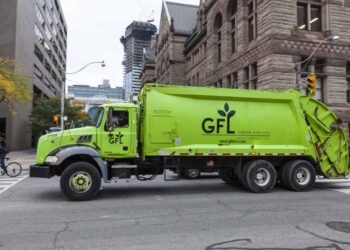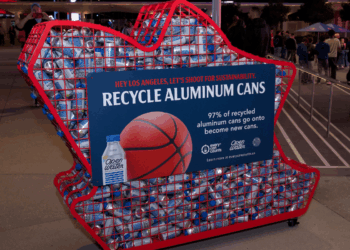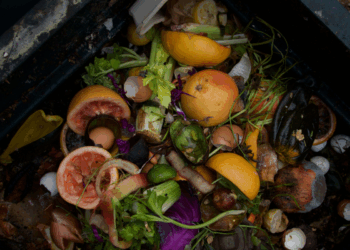Resource Recycling News
Emerging state EPR shows trend toward harmonization
During an APR webinar, recycling policy experts explored the growing list of EPR bills for packaging, and the implications for...
International Paper creates two new, separate entities
International Paper is splitting its DS Smith and EMEA portfolio between two separate entities following multiple mill closures and strategic...
Wisconsin food waste amounts to 1,033 pounds per resident each year
Wisconsin's nearly 6 million residents discard 1,033 pounds of food per person annually, creating the state's largest waste stream and...
Recyclers are facing unprecedented changes
Using input from MRFs across the US, Closed Loop Partners developed a guide to help provide best practices to improve...
Women in Circularity: Tara Button
In this series, we spotlight women moving us toward a circular economy. Today, we meet Tara Button of Buy Me...
BioCycle shifts leadership as Paula Luu takes the reins
BioCycle, a long-running publication covering composting, anaerobic digestion and organics recycling, has named Paula Luu as managing director while longtime...
Kinderhook forms Ecowaste through Live Oak, CARDS merger
Private equity firm Kinderhook has expanded its presence in the Mid-South with the formation of Ecowaste, a waste services provider...
GFL Environmental relocates HQ to Miami Beach
After a decade, GFL Environmental has announced it is relocating its headquarters to the United States.
Every Can Counts brings aluminum recycling to center court
A new collaboration between Every Can Counts and Open Water at Intuit Dome in Inglewood, California is bringing aluminum can...
OC Waste, Agromin partner on organics recycling program
OC Waste and Recycling and Agromin are expanding organics recovery in southern California as SB1383 compliance efforts progress.












